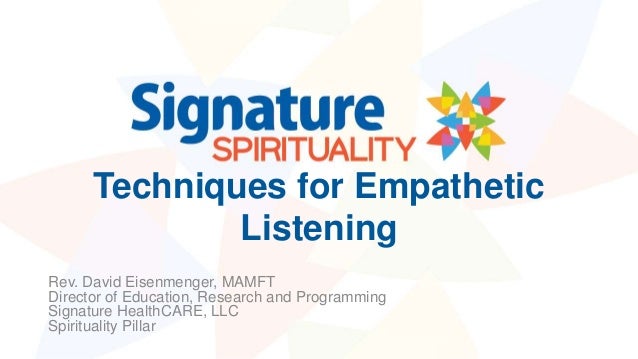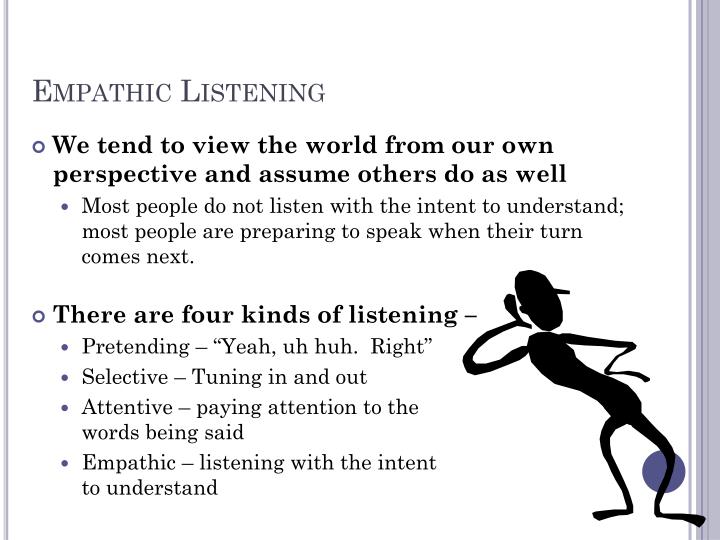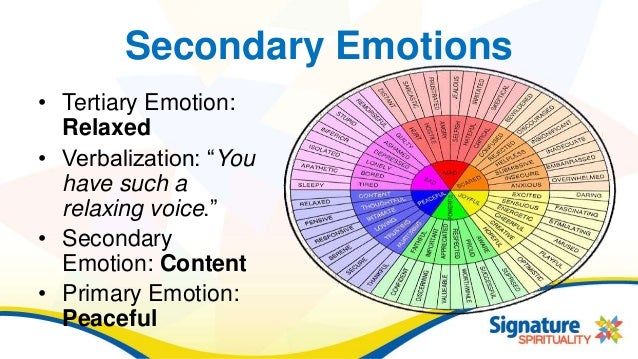

It seems more likely that he was annoyed, and that's why Anger was in control.Dad's Joy and Sadness, for example, were likely the ones heading the console when he went up to Riley's room later to try cheering her up with the monkey act. It's shown in various scenes that the emotions of the adult characters work together more harmoniously than children's. It is also likely that Anger and Fear were simply the main things on his mind at the time because of work.He's stressed, essentially, and Anger (Frustration) + Fear (Worry) = Stress. Anger and Fear being in charge of Riley's Dad also makes sense given that the move appears to have been motivated by a new job and he's understandably worried about making sure that everything works out both for his family and his business.Makes sense considering that anger is the emotion that takes charge when we're nervous and desperate to power our way out of a situation. However, for the most part he consults with and issues orders to Fear and only Fear. The trailer portrays Anger as the one calling the shots inside Riley's father.She served as the managing editor for a small content marketing agency before continuing with her writing career. Cathy has contributed to sites like Business and Finance, Business 2 Community, and Inside Small Business. Gallup: Main Causes of Employee BurnoutĬathy Habas specializes in marketing, customer experiences, and behind-the-scenes management.Psychology Today: 6 Things You Need to Know About Empathy.

Inc.: There Are Actually 3 Types of Empathy.If they start to act frustrated because you aren't "getting it", stop speaking and go back to listening.Īfter the other person has said their piece, you can clarify what they would like you to do: did they just need you to listen to their frustrations? Do they need advice about what to do? Do they need you to step in and do something to help? Often, people just need to talk out their problems and feel like someone cares. They'll let you know if you're on your way to understanding. Practice repeating what the other person says or how you believe the other person is feeling and get their feedback on it. Your goal is to listen and understand what the other person is thinking and feeling. Your goal is not to step in right away with advice or to judge, patronize or otherwise devalue what the other person is saying. In addition to practicing your best active listening skills, you also need to create a "judgment-free zone" in your mind when listening to someone with empathy.
#Empathetic listening inside out how to#
How to Develop Empathetic Listening Skills Empathy, especially empathetic listening, can go a long way toward improving employee morale and preventing burnout. Why shouldn't we show empathy for employees who struggle to meet a deadline, fall behind on work due to illness, etc.? It happens to everyone, and we know how stressful it can be to not have the proper support. This is neither necessary nor recommended. Instead, upper management might take a "get over it" approach. For example, the business world has a reputation for being intense, and managers do not always empathize or sympathize with struggling employees.


On the other hand, we might hold back on showing empathy in other scenarios. You understand the pain they feel and know they also need you to help them feel safe again. For example, you wouldn't hesitate to comfort a child who falls and hurts themselves. The Importance of Empathy in the WorkplaceĮveryone is born with a capacity to develop empathy, but it's something that we actively learn over time.


 0 kommentar(er)
0 kommentar(er)
